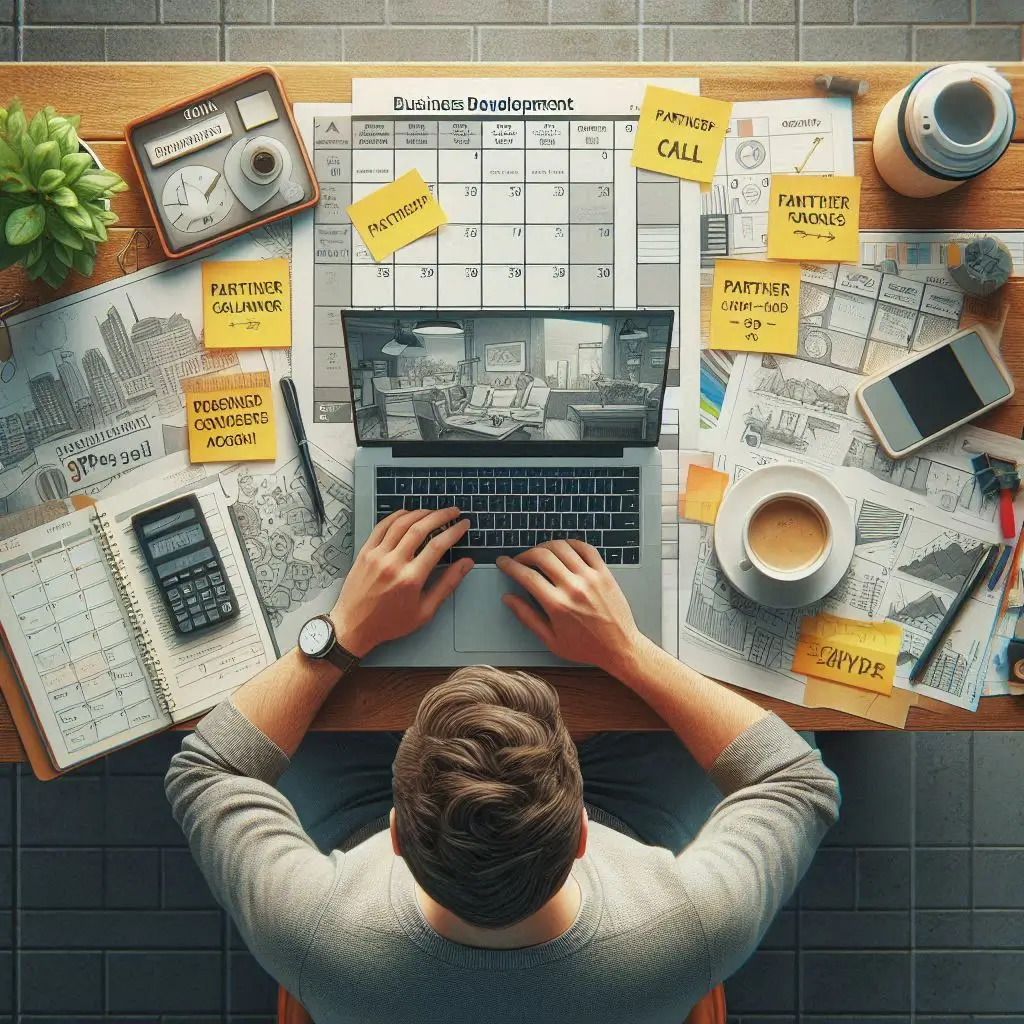Did you know that using a photograph found on a social networking site could leave you open to a claim for copyright infringement?
Copyright arises automatically in a variety of works including photographs. Copyright provides owners with a way to control how their work is used and prevents unauthorised use. These principles still apply even if a photograph has been uploaded to the internet and/or the owner of the photograph is not readily apparent. If you copy a photograph which you find on the internet, you could be infringing copyright. Generally the person who has taken the photograph owns the copyright (unless that person assigns the copyright to someone else or they are employed to take the photograph, in which case it is their employer who owns the copyright).
These principles have been recently illustrated in the case of Sheldon v Daybrook House Promotions Ltd [2013] EWPCC 26. In this case, a club owner found a photograph of Ke$ha and LMFAO on tumblr and genuinely believed that it was allowed to use the picture, given that it was posted on a social networking site and it was available for all to see. The club owner therefore used the photograph on promotional flyers and posters. The photographer who had taken the original picture saw the promotional material and sued for copyright infringement.
The court held that the club owner had to pay the photographer £5,682.37 (exclusive of VAT and interest), and that the level of damages that had to be paid in such cases is that which the copyright owner would earn in terms of a reasonable royalty for the reproduction of the particular photographic work in dispute. In the Sheldon case, the fact that Ke$ha and LMFAO are well known and current acts, and the fact that the photograph had been taken on a tour bus to which only an exclusive number of people had access, enhanced the value of the photograph and accordingly the royalty payable.
Not all uses of a photograph will necessarily infringe copyright. For instance, photographs can be used for illustrative purposes in criticism and review or for certain non-commercial educational purposes without incurring liability (if the photo is properly acknowledged). However, most commercial uses will infringe copyright and, if a copyright owner discovers use of a photograph, an action can be brought to stop that use and for compensation in the sum of a reasonable royalty or an account of any profits made from the use of the photograph.
The safest course of action is to obtain the copyright owner’s permission before using any picture found on the internet. If the photograph is on the internet it may not be apparent who the copyright owner is, and so it may be useful to contact the website owner or social network account holder to request further details. It is important to keep in mind that the website owner/account holder is not necessarily the copyright owner, and it is only a copyright owner (or their authorised representative), who can give permission to use a copyright work.
If you would like advice about copyright, or any other IP related issues, please contact the IP and Media team at Pannone.



